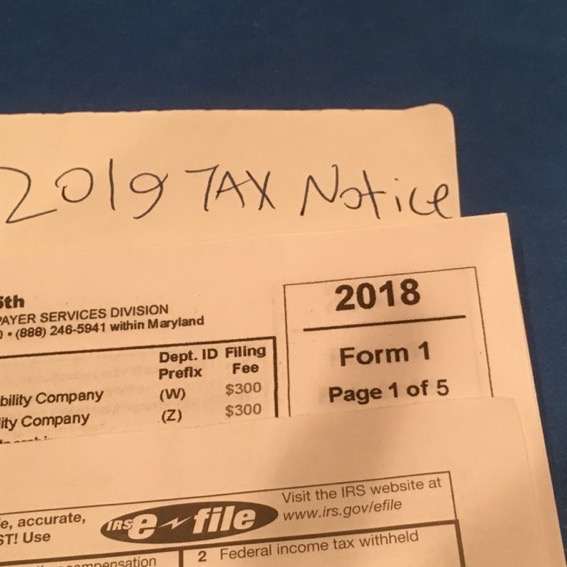The Internal Revenue Service recently sent me a notice stating it “believed” my recent tax return had a mistake and that I therefore owed the IRS several hundred dollars. This was unclear, because a belief (“We believe there is a miscalculation on your…1040”) does not lead to a truth (“As a result, you owe”). Rather than providing the exact source of the so-called miscalculation, the form instructed me to a call a certain number for more information. Or, of course, I could just pay the bill with no justification.
This notice makes me think about three C’s: completeness, conciseness and correctness. The “7 C’s of Communication” is a much-quoted list, first provided by Scott M. Cutlip and Allen H. Center in 1952 in Effective Public Relations. It can be found on Wikipedia’s page, “Effective Public Relations.” Here’s Cutlip and Center’s list:
- Completeness
- Conciseness
- Consideration
- Concreteness
- Courtesy
- Clearness
- Correctness
I find the C’s overlap, and this, I think, is an important point. If content is complete, concise and correct then it is COMPLETE by providing concrete and clear examples of abstractions and all pertinent information; it is CONCISE by using precise words, avoiding extra ones, and using images, thus its readers and viewers understand; and it is CORRECT by giving its audience the consideration and courtesy of the facts, all needed information, and the proper tone and vocabulary.
I called the number on the IRS’s notice several times over a week and a half. Each time I was told to call back in two days. The form also had a deadline for compliance. If I didn’t get answers to my questions by the deadline—answers the form itself invited me to get—then I would incur penalties. So I’d be incurring penalties due to no fault of my own. The form did not state on which line of which form or what number on the form it questioned. Just that small piece of information would have allowed me to check the calculation and then either agree with the error and pay or write a letter explaining why I did not agree. I finally got through to tax specialists on deadline.
The first IRS agent I spoke to, on hearing my situation, immediately gave me a nine-week extension to reply without incurring penalties. Then another agent, a tax specialist, tried valiantly for about an hour and a half, to find the answer to my question, telling me he would put me on hold for five to seven minutes and then check back with me, which he did during the entire time he was investigating. If he found the information he sought, he could resolve the matter over the phone. While he did his research, I finished some work and had lunch. But the specialist did not succeed. This all made me feel the IRS has some really personable and dedicated staff and that the notice was incomplete and discourteous. The notice failed to provide essential information and a reliable means to get that information timely. I was left wondering why the IRS had withheld the information that was the basis of its notice: it seemed a simple thing was made unnecessarily complicated, time consuming and, by extension, expensive. Now, in my nine-week window, I have sent a letter to the IRS requesting resolution (return receipt requested) and hope to resolve the mystery before 2020.
The good thing is that I had a pleasant chat with the tax specialist about the value of completeness, correctness and concision and how those three ideas related to the notice the IRS recently sent me.




